 Have you ever sat on the FDR in traffic, heard a siren behind you and wondered how long it takes for an ambulance to reach a victim in New York City? New Yorkers just came closer to finding out how efficient the city’s $2.3 billion 911 emergency response system is at getting people treatment within the first two to three minutes experts consider critical to helping a choking, bleeding or heart attack victim avoid brain damage or death.
Have you ever sat on the FDR in traffic, heard a siren behind you and wondered how long it takes for an ambulance to reach a victim in New York City? New Yorkers just came closer to finding out how efficient the city’s $2.3 billion 911 emergency response system is at getting people treatment within the first two to three minutes experts consider critical to helping a choking, bleeding or heart attack victim avoid brain damage or death.
On April 9, Mayor Bloomberg was ordered by Manhattan Supreme Court Justice Arthur Engoron to publish the results of a consultant’s review of the city’s 911 system, which included a new $680 million unified call center combining the operations of police, fire and medical dispatchers.
The report, released on May 4, found major communication problems that delay the arrival of critical services to those in need. The consultants called on the city to make specific changes, outlining 14 different recommendations.
The Bloomberg administration says the city intends to fix many of the identified flaws — and will change its response-time calculations to begin with the moment a person calls 911 and end with the arrival of units on the scene.
But what policymakers don’t realize is that a lifesaving solution already exists and is fully deployed now — in Israel.
How do I know? I helped create it with the volunteers of United Hatzalah.
After serving as a volunteer on an ambulance crew in Israel, agonizing over the Jerusalem gridlock that hindered our efforts to reach victims, I realized the answer wasn’t more ambulances or better medics. We needed more people on every block, near the scenes of crimes and accidents, ready to provide first aid, sometimes crude but always timely, to help the injured survive until medics arrived.
In 2006, I founded United Hatzalah (which means “rescue” in Hebrew), an organization dedicated to making this lifesaving answer a reality. Today, in Israel alone, 1,700 highly trained and medically equipped volunteers are able to respond to any emergency call throughout the country within two to four minutes.
Using GPS technology and interactive dispatch software, United Hatzalah tracks and identifies and dispatches the closest volunteers, thus enabling an efficient and effective network of responders. United Hatzalah volunteers answer nearly 200,000 emergency calls annually, treating everything from gunshot wounds and heart attacks to simple sprained ankles and bee stings.
The Hatzalah idea is spreading throughout the world. We have responded to requests for help from groups in Panama, Venezuela, Mexico and Brazil, and are at varying stages of helping them set up their own Hatzalah organizations.
The same model could be used in New York City to drastically improve the effectiveness of first response.
By using a massive distributed network of volunteers to offer triage medical assistance, our system costs only $20 per person treated. The helpers do not replace EMS crews; they simply supplement them. In New York, the tremendous trained corps already on the job, including the FDNY and its EMTs, would continue to do their jobs and save lives — but they would know that medically trained good Samaritans will be there to assist.
Is the United States, a litigious country where people sometimes fail to offer assistance for fear they might be held liable should something go wrong, a challenging place to implement this concept?
Perhaps. But New York provides immunity for good Samaritans who assist in an emergency. And this city — plagued by traffic and dense with population — is also the ideal place to train ordinary citizens to play a part in rescuing their neighbors.
What is New York waiting for?
Beer is chief coordinator of United Hatzalah.
(Op-Ed appears in today’s NY Daily News)



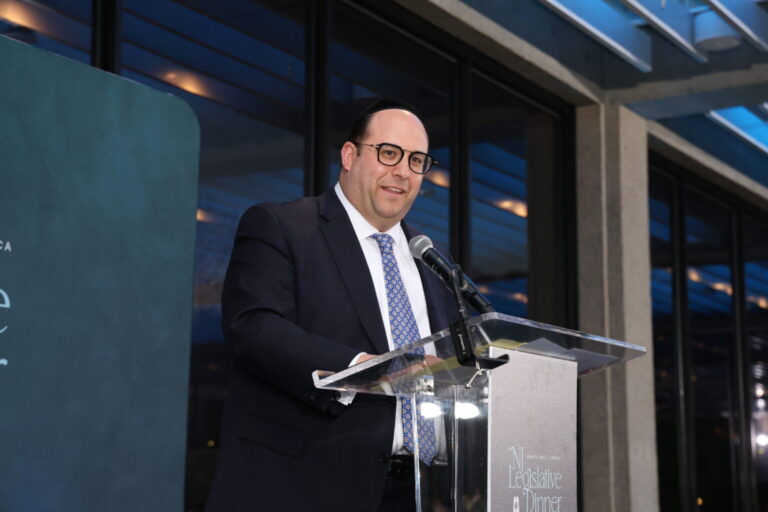
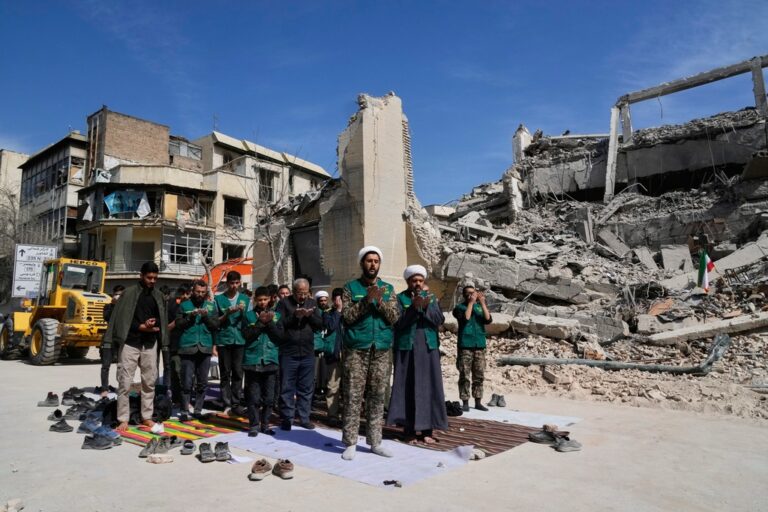
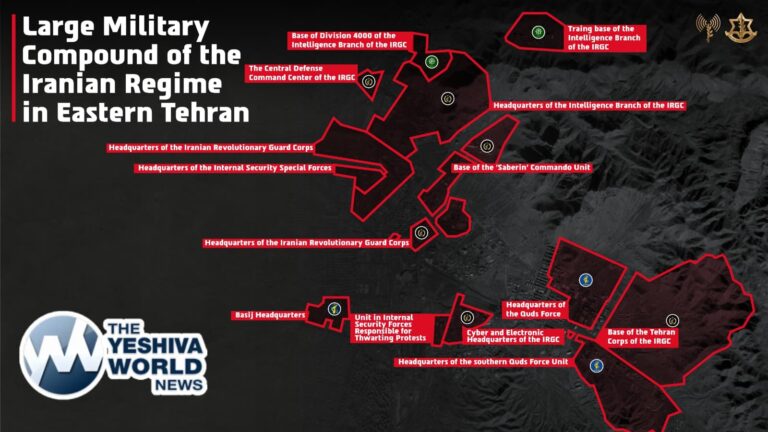
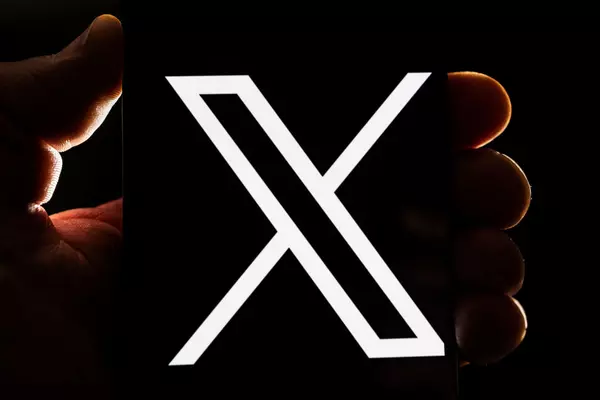
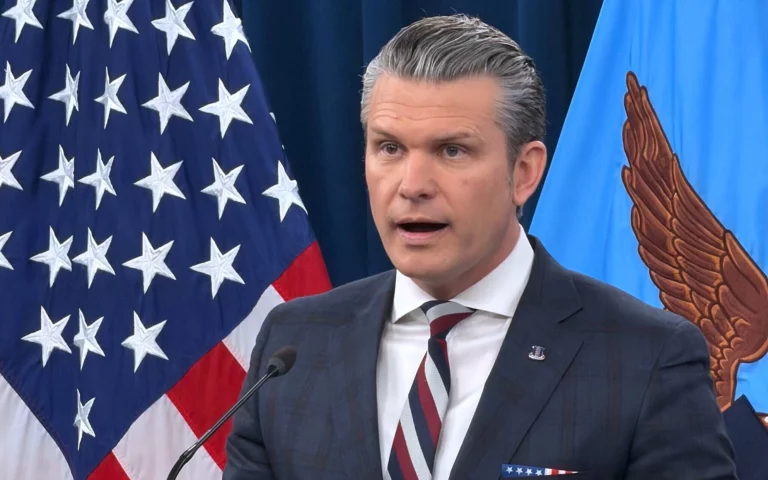
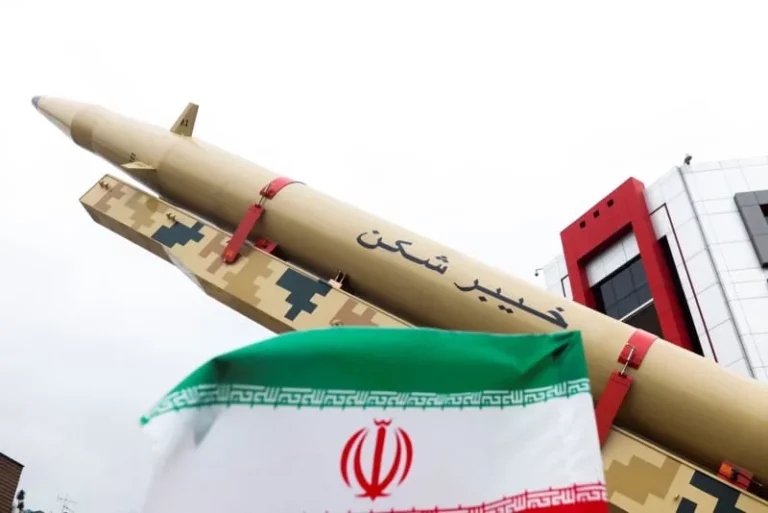

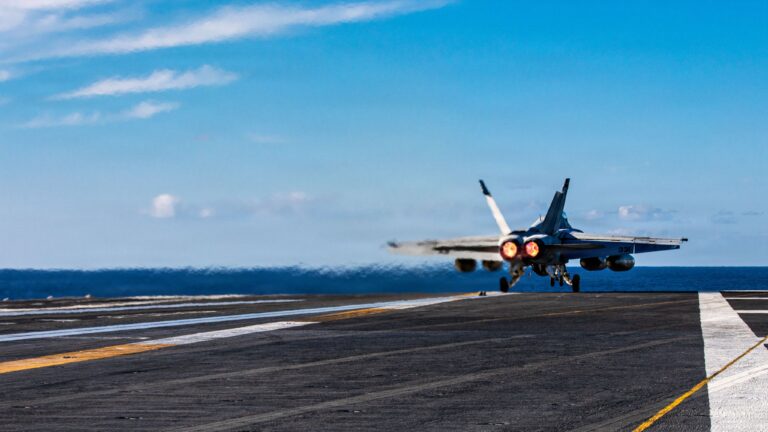
7 Responses
He does NOT have a fix for the 911 system.
He wants to create a new system- essentially a Hatzolah style system with first responders. Not going to happen in NYC anytime soon.
This article is also misleading. Hatzolah Yisroel existed long before Ichud and was function just fine.
” a lifesaving solution already exists and is fully deployed now — in Israel… I helped create it with the volunteers of United Hatzalah”
He didnt create the idea, it exsited with Hatzolah Yisroel. He may have expanded it as GPS became more common.
The problem in New York is that the volunteers will sell the medical equipment instead of keeping it for time of need; that’s unless it is stolen first.
New York is not Israel. If a volunteer is turned down because something is suspected about him, the immediate result will be a lawsuit against the city.
With all due respect to Mr. Beer, I truly believe his statements come across as pompous and quite frankly laughable. Do you realize that the societal indifferences coupled with a host of varied dynamics create major differences between Israel and New York? Do you realize that New York City has well over 8 million citizens in 469 square miles as opposed to 6 million citizens spread out over 8,018 square miles? Imagine how foolish a young twin piston Cessna pilot would sound lecturing to an elder expert 747 pilot.
Mr. Beer – your contribution to Israeli society is very commendable, but at the end of the day I believe you should take a step back and realize your place.
Not such a great system here.
Called 101 (MDA/Hatzalah) for a child having a epileptic seizure in Har Nof. It took about 30 minutes and the man came with no equipment.
@Dovid from Modiin
That’s because 101 is NOT Hatzalah, it’s MDA but if you beg they sometimes will notify hatzalah too. To call Hatzalah direct you call 1221.
Next we’re going to hear from Chaim the garbage man in Israel about how good the system of communal dumpsters are and what the NYSD can do to reduce garbage pickup.
This op-ed was grossly irresponsible. It seems to attack NY EMS in the name of Hatzolah. Hatzolah has a great relationship with EMS and FDNY and this op-ed seems to diss EMS in order to tout a program in Israel. It is a chilul Hashem, in my eyes. Sorry. He should issue an apology and look again at all the good EMS does.